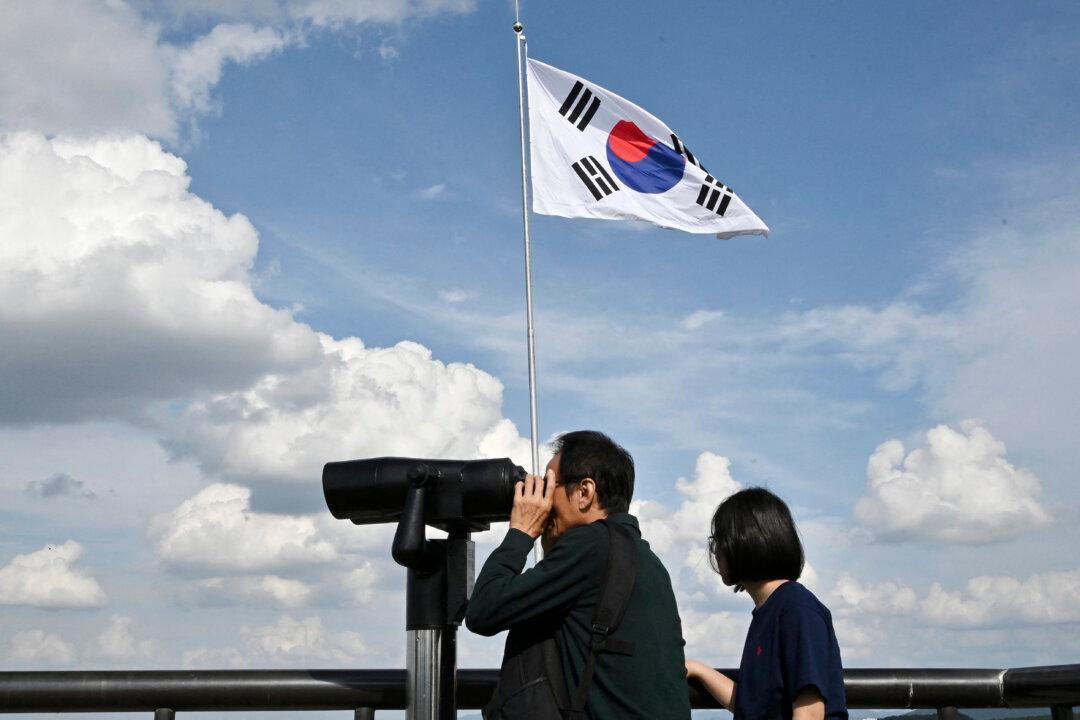The South Korean Ministry of Science and ICT on Nov. 10 said that North Korea has staged hundreds of GPS jamming attacks this month, affecting the operations of ships and civilian aircraft in the region.
The ministry detected a total of 331 GPS disruptions over 10 days—279 cases targeting aircraft and 52 affecting ships—although no damage had been reported, South Korea’s Yonhap News Agency reported.





